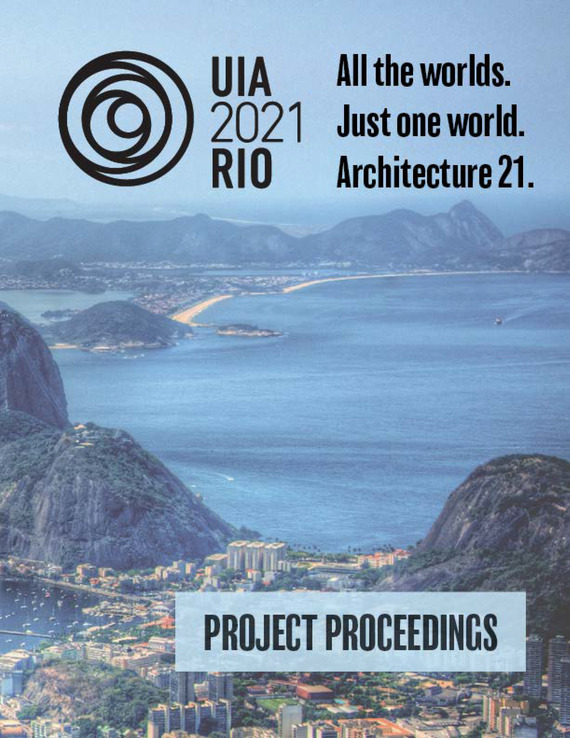Author(s): Lodewijk Luken
The current take-make-dispose economy, resulting in resource pressure and environmental issues, calls for circular economy practices. Islands are perfect living laboratories, because of their clearly defined boundaries and vulnerability to external factors such as climate change. Ilha de Paquetá in Rio de Janeiro, Brazil, suffers from the pollution of the Guanabara Bay in both ecological and economic terms: environmental problems go hand in hand with a tourism decline. However, the island’s socioeconomic metabolism itself is just as polluting as the metropole area that causes the bay pollution. The project elaborates on circular interventions for Paquetá that respond to the emerging threats. The basis for interventions is a Material Flow Analysis, assessing the island’s current environmental performance. The main proposed intervention is a beach pool that regenerates and utilizes the polluted bay water. Also, organic waste from the island is turned into energy here. In the design, special attention is given to the spatial integration and social embedding of the pool building in its context, to give new meaning to an abandoned horse stable on a forgotten place of the island. The architectural expression refers to Paquetá’s characteristic waterfront pavilions that have great historical meaning to the place. Simultaneously, new economic opportunities and jobs arise from the resource recovery and the new touristic value of the place. In this way, it is shown how the Circular Economy concept can be applied in the built environment, combined with a hyper-local and pragmatic approach to achieve social and economic value.
Volume Editors
ISBN
978-1-944214-30-2

 Study Architecture
Study Architecture  ProPEL
ProPEL 
